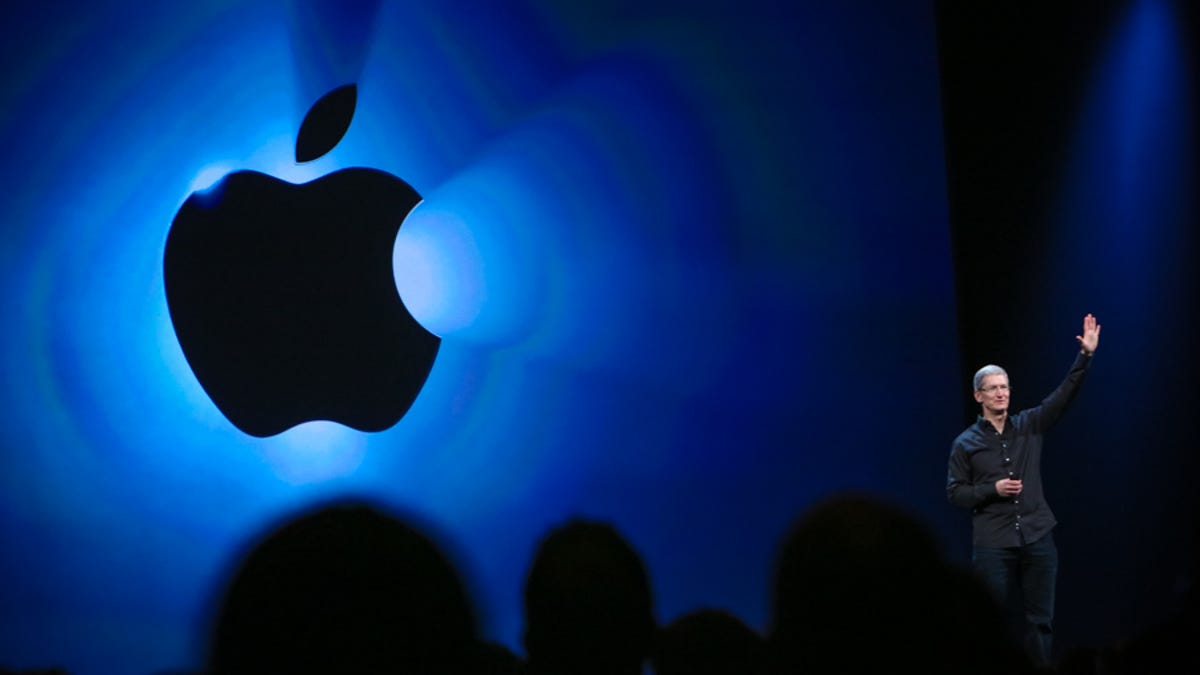Apple may make its own iPhone power management chips in 2018
The news from Nikkei hit Apple supplier Dialog Semiconductor hard.

The move to make more chips on its own reduces Apple's reliance on suppliers and helps it control costs.
Apple may be getting into semiconductors in an even bigger way.
The company may make its own iPhone power management chips as soon as 2018, according to a report from Nikkei. Currently, Apple relies on supplier Dialog Semiconductor for those processors , which are important for making sure an iPhone charges correctly and doesn't consume too much energy.
One of Nikkei's unnamed sources said Apple could replace about half of its chips next year, while another source said the change could be delayed to 2019. The potential processors from Apple "would be the most advanced in the industry," the publication said, and would give Apple devices better performance while consuming less power.
Power management chips are one of the priciest components after the main application processors that act as the brains of a device, modems and memory chips, the publication said. Apple already makes its own application processor, but it relies on suppliers like Qualcomm and Intel for its modems and Samsung for its memory chips.
Shares of Dialog, which derives the majority of its revenue from Apple, tumbled 18 percent to €30.46 in Europe after the report.
Dialog said in a statement that "the level of visibility into the design cycle of our leading customers remains unchanged, and the business relationships are in line with the normal course of business."
Apple didn't immediately respond to a request for comment.
Apple, which has designed the brains for its iPhones and iPads for years, has made moves to make even more of its components on its own. The Apple-designed W1 Bluetooth chip pairs its AirPods to an iPhone, while the A11 Bionic processor boosts the iPhone's artificial intelligence capabilities. Apple is believed to be working on a chip for Mac laptops that would take on the functionality handled now by Intel chips. And it's also reportedly working on its own graphics processors.
The move to make more chips on its own reduces Apple's reliance on suppliers and helps it control costs. By designing its own processors, Apple also has more say over features and can set its own timeline. And it can find ways to further differentiate itself from other smartphone makers. Samsung and Huawei are two other companies who design their own chips, as well as their phones .
Update at 3:15 p.m. PT with Dialog comment.
The Smartest Stuff: Innovators are thinking up new ways to make you, and the things around you, smarter.
iHate: CNET looks at how intolerance is taking over the internet.

